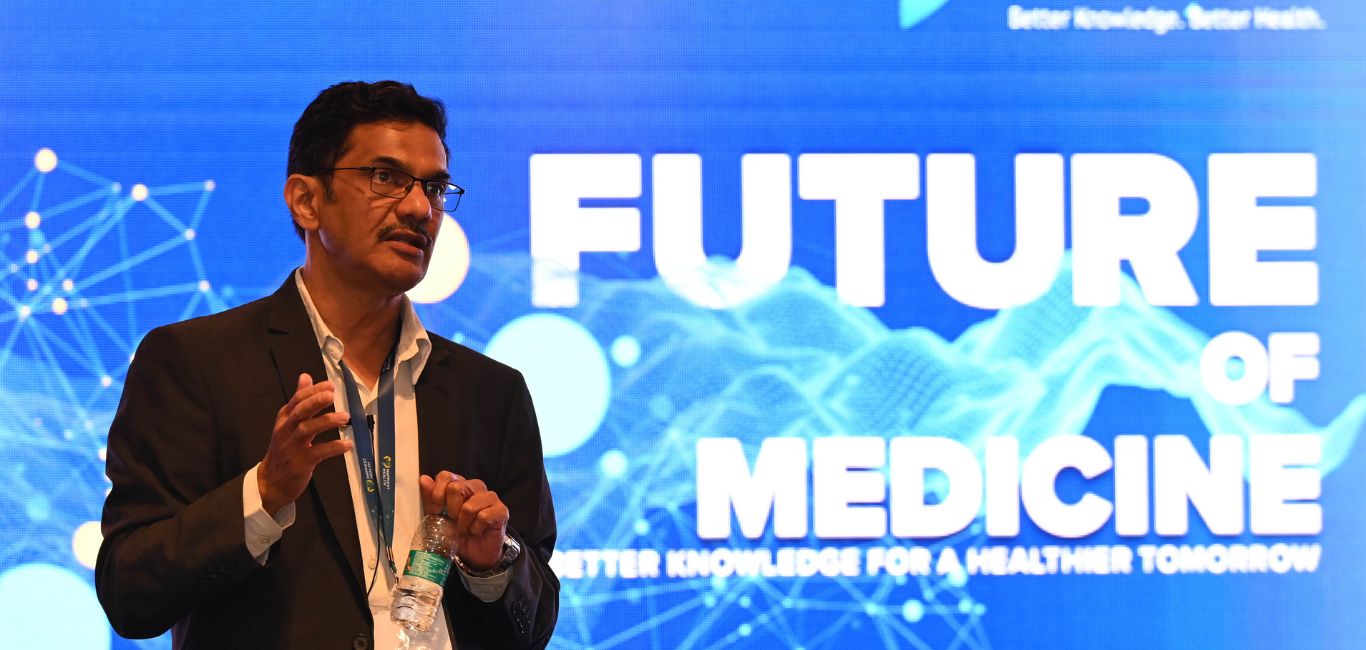
In the era of rapidly evolving healthcare systems where technologies such as artificial intelligence, robotics, genetics, and nanotechnology are taking over to develop far more advanced treatments, the ancient health system of ayurveda too is witnessing a major transition towards global acceptance.
This field of medicine has always been viewed as an alternative system, but has stood the test of time, said Dr Narendra Pendse, ayurvedic physician and senior medical advisor at I-AIM Hospital, Bengaluru, at the Happiest Health Future of Medicine Summit. Ayurveda is evolving as a promising system of medicine with both primary and complementary benefits, he added.
“We need to collaborate with other sciences associated with (medicine) and not have a single approach, a multipronged approach might be the way forward,” he said, adding that Ayurveda could be a key component in treating chronic inflammatory diseases.
Ayurveda provides a basic framework for understanding many factors such as diet, exercise, seasons, and sleep that affect a person’s quality of life. Along with identifying the factors contributing to the disease manifestation, it can also potentially play a role in maintaining well-being and personalised care.
Dr Pendse spoke about ayurveda being a complementary therapy as well as a stand-alone mainstream therapy. He quoted several examples of it being used as a complementary therapy to improve the healing process
He quoted a study from the Journal of Thoracic Disease done by researchers from Medanta Hospital, Gurgaon, on using yoga and ayurveda alongside minimally invasive robotic and video-assisted thoracic surgery (VATS) in 450 participants. and post-operative yoga therapy, meditation, and oil massage promoted rapid healing leading to early discharge from the hospital.
Additionally, he said that ayurveda could offer treatments for conditions that lack any conventional therapies. He cited studies on how ayurveda, with herbs, lifestyle changes and diet, had helped in cases of non-healing varicose ulcers and oral mucositis.
Dr Pendse also said that growing attention is being given to non-pharmacological or non-drug therapies such as fasting, a treatment prescribed by ayurveda for centuries. “We need to understand where non-drug interventions like fasting can play a role (in treatments) and we need to find out ways to have wider application of these principles (of ayurveda),” he said.

















